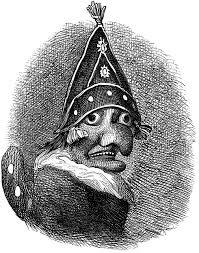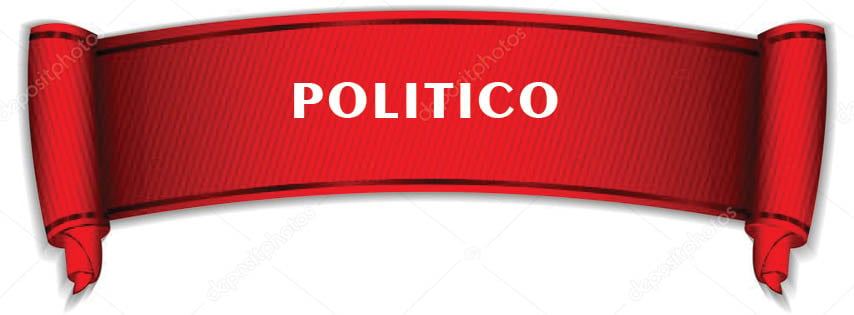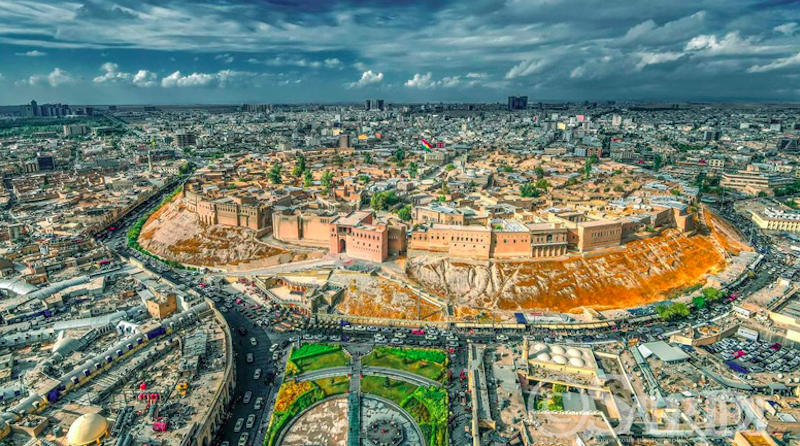As a middle class suburbanite, I’m embarrassed to admit that I’ve just discovered the Whole Foods Market: The First and Only Certified Organic National Grocer. Strolling through their aisles of produce, each proud to declare just how and where they were grown, I remember riding shotgun in my father’s Buick to his garden spot across town. Tending his tiny corner of the world produced a modest harvest, and our collaboration with earth and sky was somehow calibrated into the soul of our family.
Human beings are wanderers. Hunter-gatherers, to be exact, who 6000 years ago began to settle down along the Tigris-Euphrates River when they figured out how to stop scavenging and start growing their own food. Erbil, for instance, the oldest continuously inhabited city in the world, is today the capital of a geo-cultural region called Kurdistan. But when I looked to the very cradle of civilization for clues about sustainability, I learnt they’d become entirely dependent on foreign aid for food. A mere shadow of their former self, I wondered why the same people who’d taught the world how to build a city would forfeit their ability to sustain it?
Over 350+ million people are facing acute hunger worldwide in 2025, according to the United Nations World Food Program, and the WFP cites conflict, climate, economy and exile as the leading cause of food insecurity. The Gaza Humanitarian Crisis, and Gaza Strip Famine, now account for 60K civilian deaths, and the WFP reports that nearly 500K of the 2.1 million Palestinians in Gaza are experiencing “catastrophic food insecurity and famine like conditions.” Of those, nearly 100K are women, children, and newborns.
Eerily channelling the misaligned U.S. led invasion of Iraq, and the food insecurity associated with the U.S. occupation, I reached out to those whose food security had been compromised by occupiers in the past. Why the U.K., France and Canada are lining up to endorse a two-state solution come fall, essentially christening an official Palestinian State, is on its face driven by the humanitarian crisis in Gaza. Even Marjorie Taylor Greene called the Gaza War “genocide," and routine news coverage of emaciated women and children starving has produced outcry across the political aisle and worldwide.
However, is Israel et. al. restricting access of humanitarian aid to Palestine, or is Hamas politicizing the crisis to make their case for a Palestinian State? Herein lies if not a coup the cards for a free and future Palestine. If or when the crisis is resolved, how will a sovereign Palestine actually feed themselves? Moreover, can a nation that cannot feed itself ever be considered free?
The Kurdistan Regional Government (KRG) is the only government in the world that permeates four geographical borders: Iran, Iraq, Syria and Turkey. Herein, Kurdistan’s semi-autonomous region transcends her neighbors borders. Known for his realpolitik approach to foreign policy during the Cold War, U.S. Secretary of State Henry Kissinger observed, “Who controls the food supply controls the people; who controls the energy can control whole continents; and who controls the money controls the world.” Then he added, “Diplomacy is the art of restraining that power.”
Imagine if the U.S. couldn’t cooperate with Canada, or was cut off from Canadian energy imports to the tune of $412.7 billion in 2024? Or if Mexico withheld her $505.9 billion in cars, vegetables and computers in 2024? The United States currently runs trading deficits with both, but how would America look or feel if at war on her borders?
The son of a government official, young Jamal Fuad accompanied his father on diplomatic missions until 1948 when chosen to study abroad in the United States. Obtaining a BS/MS in Agronomy, Fuad picked up a Ph.D in Plant Genetics before heading to World Bank, the United Nations Food and Agriculture Organization, and ultimately a post as the KRG’s Agriculture Minister. Though I spoke with Fuad in 2013 about food production and distribution, his predilections resonate in the present. A cautionary tale of food sovereignty, allowing food regimes or commercial industries to control food profits debilitate, perhaps even destroy the state’s responsibility to feed it itself.
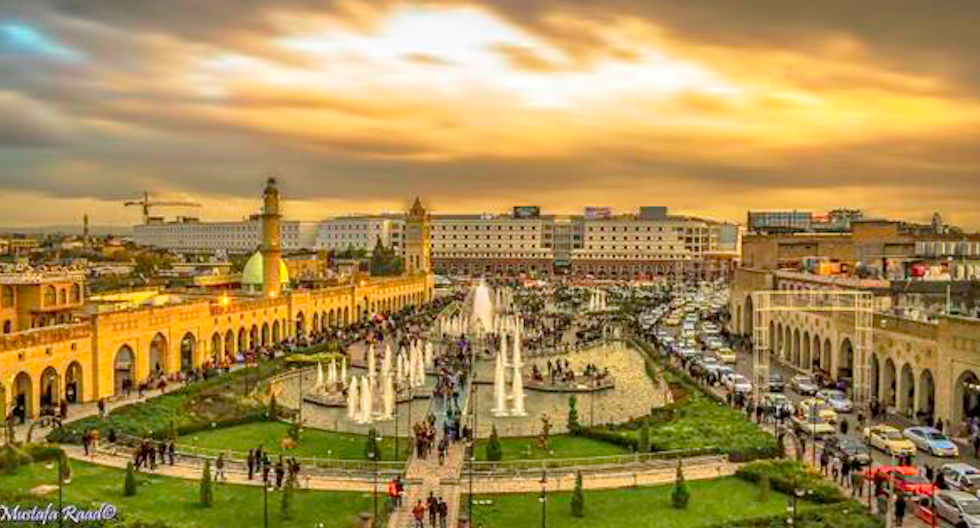
Citadel of Erbil
“The Iran-Iraq War, genocide campaigns, and chemical bombardment by Saddam Hussein depleted our countryside and displaced millions of people from their villages,” Fuad began. “However, the Iraq War led to Kurdistan’s semi-autonomous status, an economic boom, and fostered strong pro-American sentiment.” If or whether Israel is attempting to colonize Gaza is a complex question with no easy answer and many interpretations. However, there are lessons be drawn from the past. Fuad continues:
In the attempt to demilitarize Saddam, Iraq’s population was disproportionally impacted by economic embargoes, and by the 1990’s the country was desperate for food. The United Nations program, Oil-for-Food, was created in 1995 which allowed Iraq to sell oil on the world market in exchange for food and medicine.
“Oil-for-Food saved many lives,” Fuad says, which today has culminated in nearly 60% of Iraq’s 45 million people now solely dependent on the program, according to the Heritage Foundation. “However, once the immediate crisis was averted, the policies were not redacted in order to rebuild the domestic agricultural infrastructure. The government was too dependent on the oil. Money was spent to import products that could have been grown and sold in local markets. People didn’t return to the countryside, and the ethos of independent farming continues to be traded for impoverished and dependent city dwelling.”
Hailing from a geo-cultural region like Kurdistan, Fuad understands that a coherent, enduring economy is built upon a vibrant ecosystem that often transcends its own borders. The Farm-to-Table mentality implies that farmer, grocer and consumer each live in cooperation with the land. Fuad continues. “The lack of a proper budget needed to train and educate a new generation of farmers; provide the necessary tools and equipment to sustain a farm; and to replenish water resources during the May-November dry season has been replaced by policies of excessive foreign aid."
Finally, Fuad cites internal corruption within the Food-for-Oil program as the predominant cause of the present dire agricultural circumstance. "Kickbacks, mismanagement of funds, ongoing claims of abuse and fraud rendered the ill-conceived plan completely ineffective. And the most significant victims of its failure are the people it intended to help.” Reestablishing an ecosystem in Kurdistan required both a financial investment and policy initiative, but Fuad led by example.
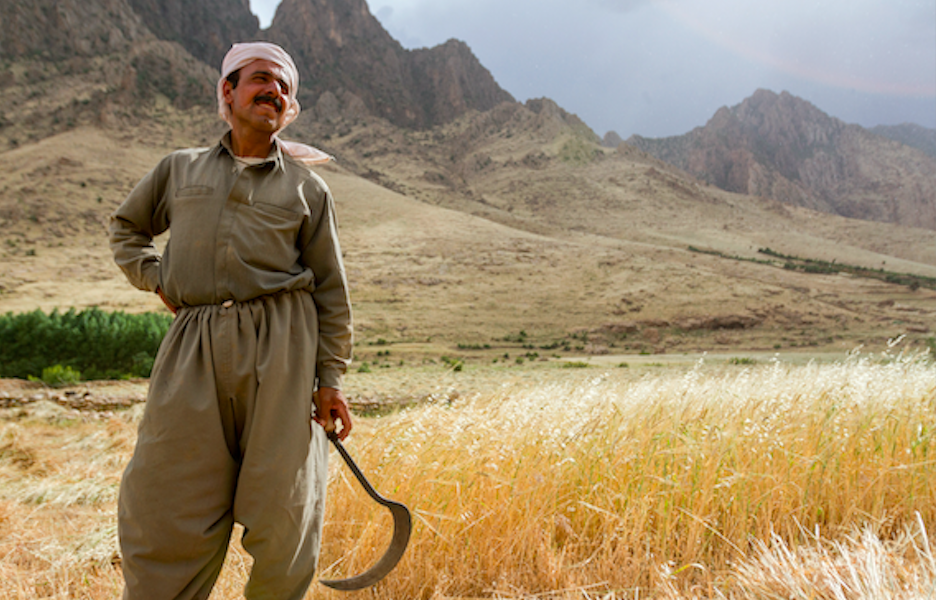
Dr. Fuad 2015
Kurdistan might still look dry and barren to the naked eye, but the soil of her mountains is as rich today as it was some 6000 years ago. They who were conquered, and fell into submission of controlling states, still carry the heritage of a people who converted walnuts, melons and wheat into the world’s first and most enduring capital city. Refusing to give into the barriers created by war, bad policies and corruption, Fuad and his American wife Cathy continued to set perhaps the most stirring example of their careers by running a small kitchen garden in their retirement. Still passionate at 93, Fuad said, “It was a peaceful and quiet living.”
Peace and quiet. It’s not something modern family gets much of these days, but I’ll try to remember our conversation when turning into the fast food drive-through; local restaurant with friends; or even the fancy Whole Foods to always keep an eye out for that corner vegetable stand, too. Because at the heart of civilization lies this one, fundamental competency from which there is no escape. All other aspects of society are built upon and around our ability to grow, harvest and surplus clean and wholesome food. The Kurdish Sultan Saladin once wrote: “Contentment is the absence of want.” Modern translation: Never negotiate with your lunch money.
Archives



